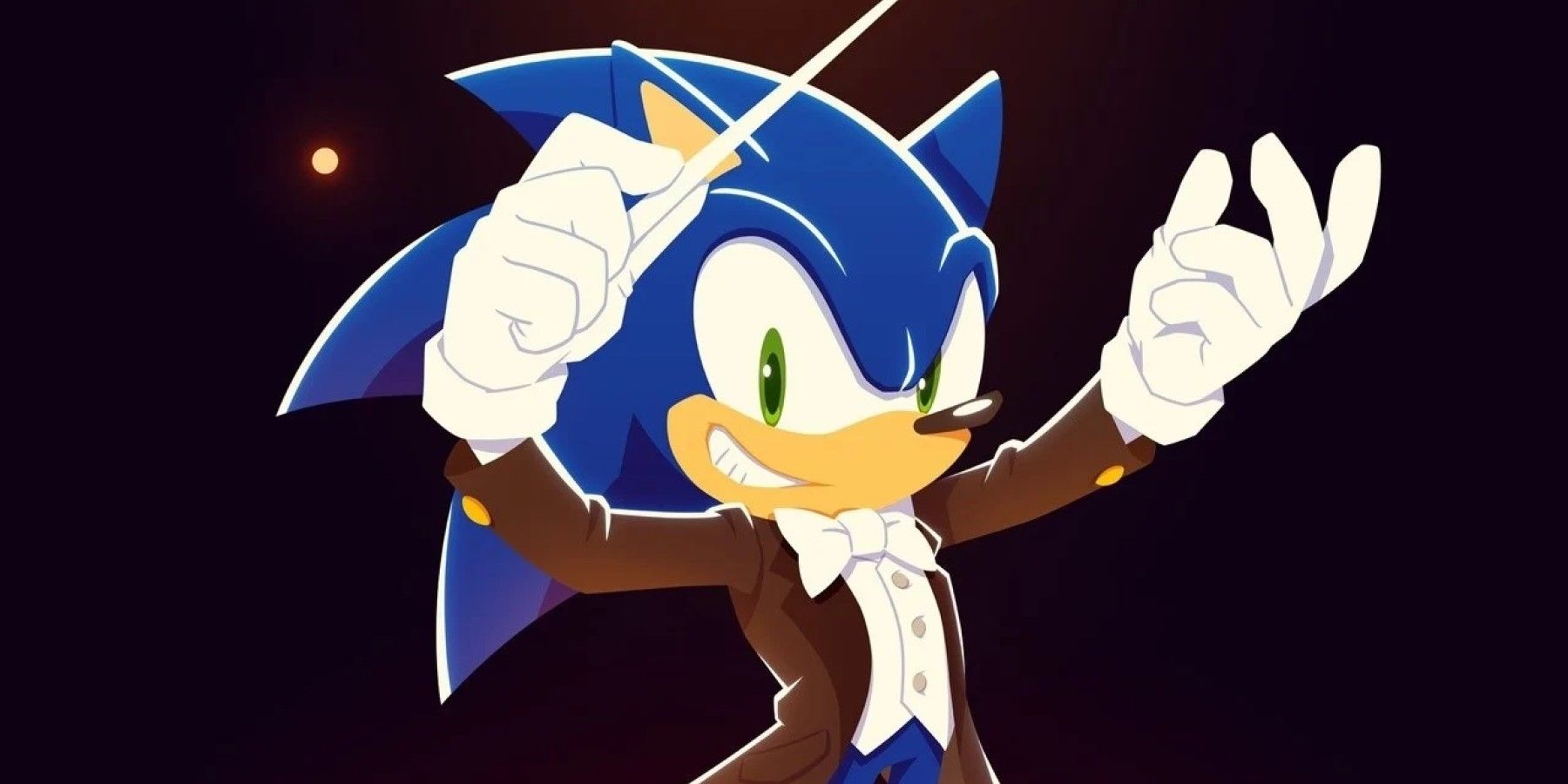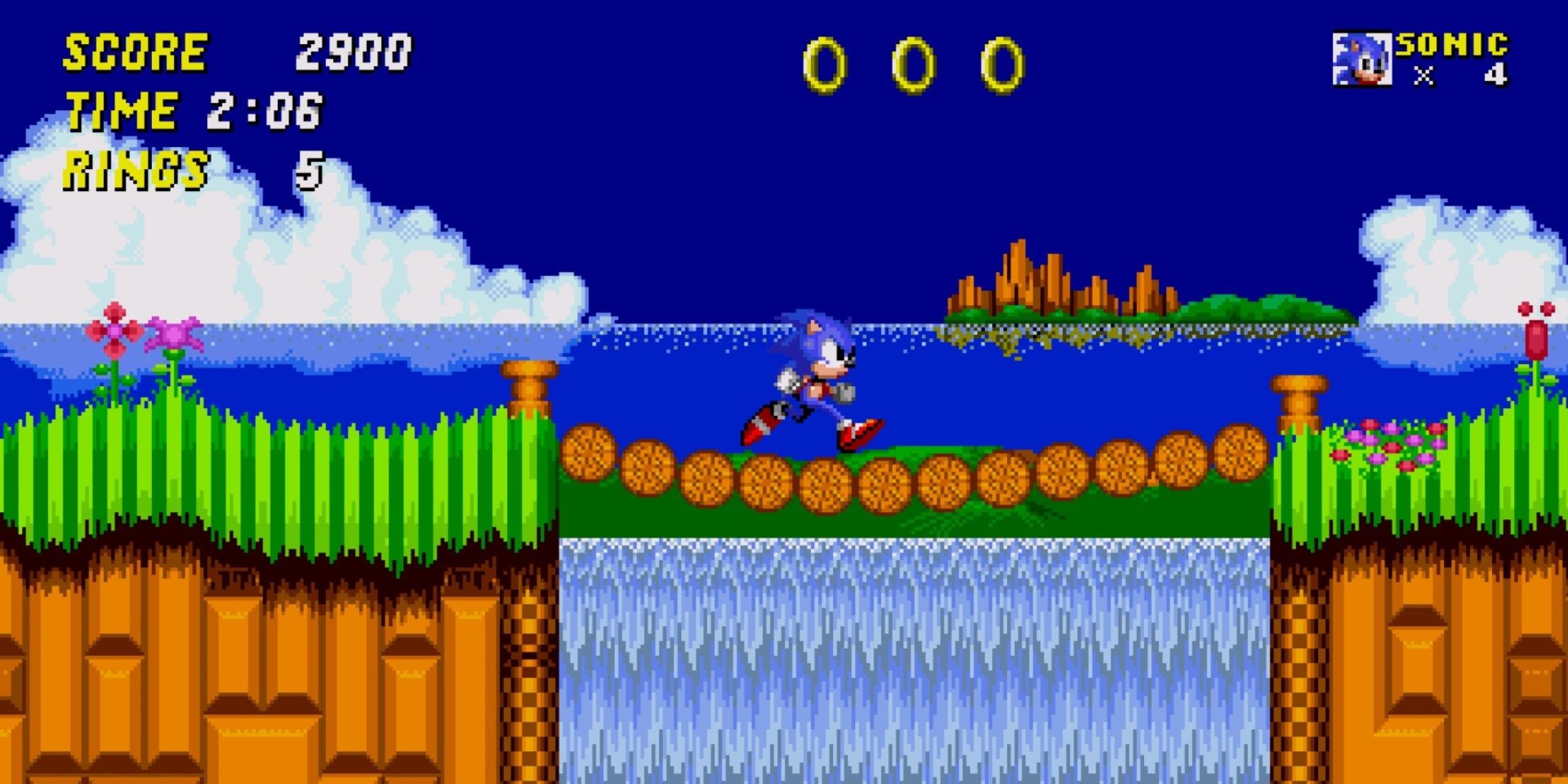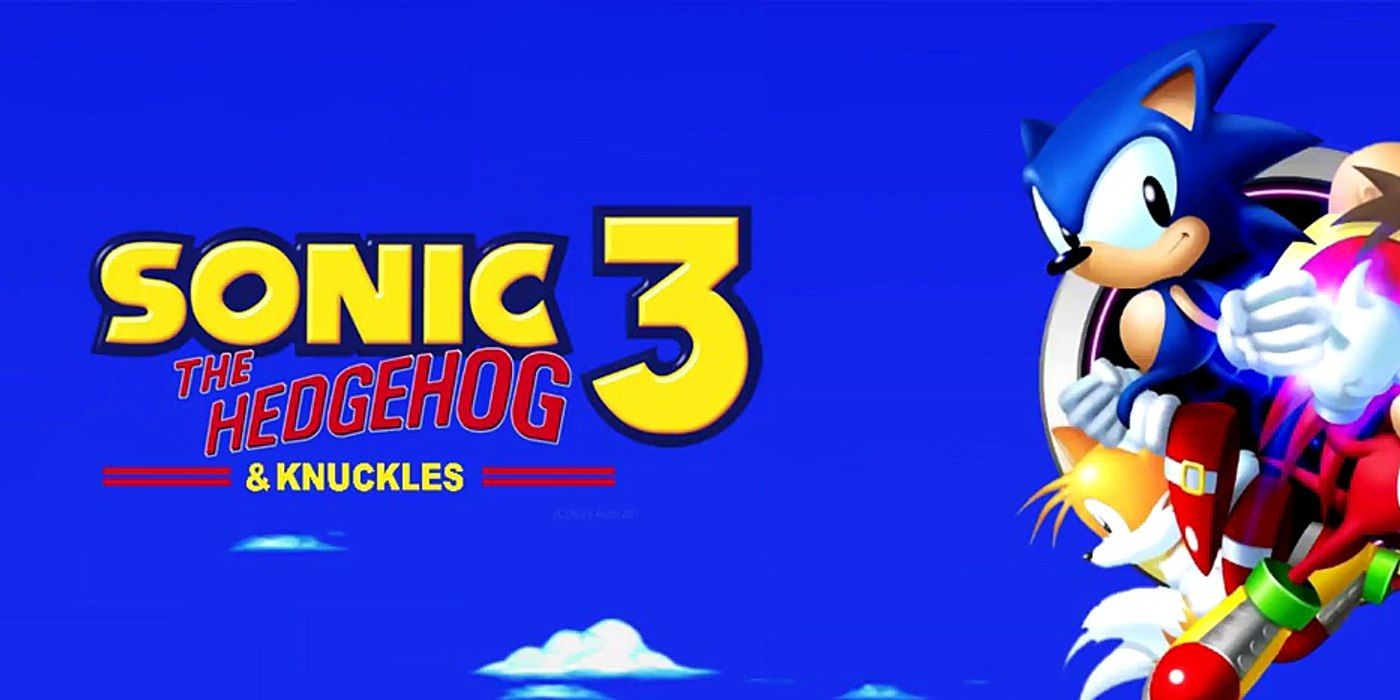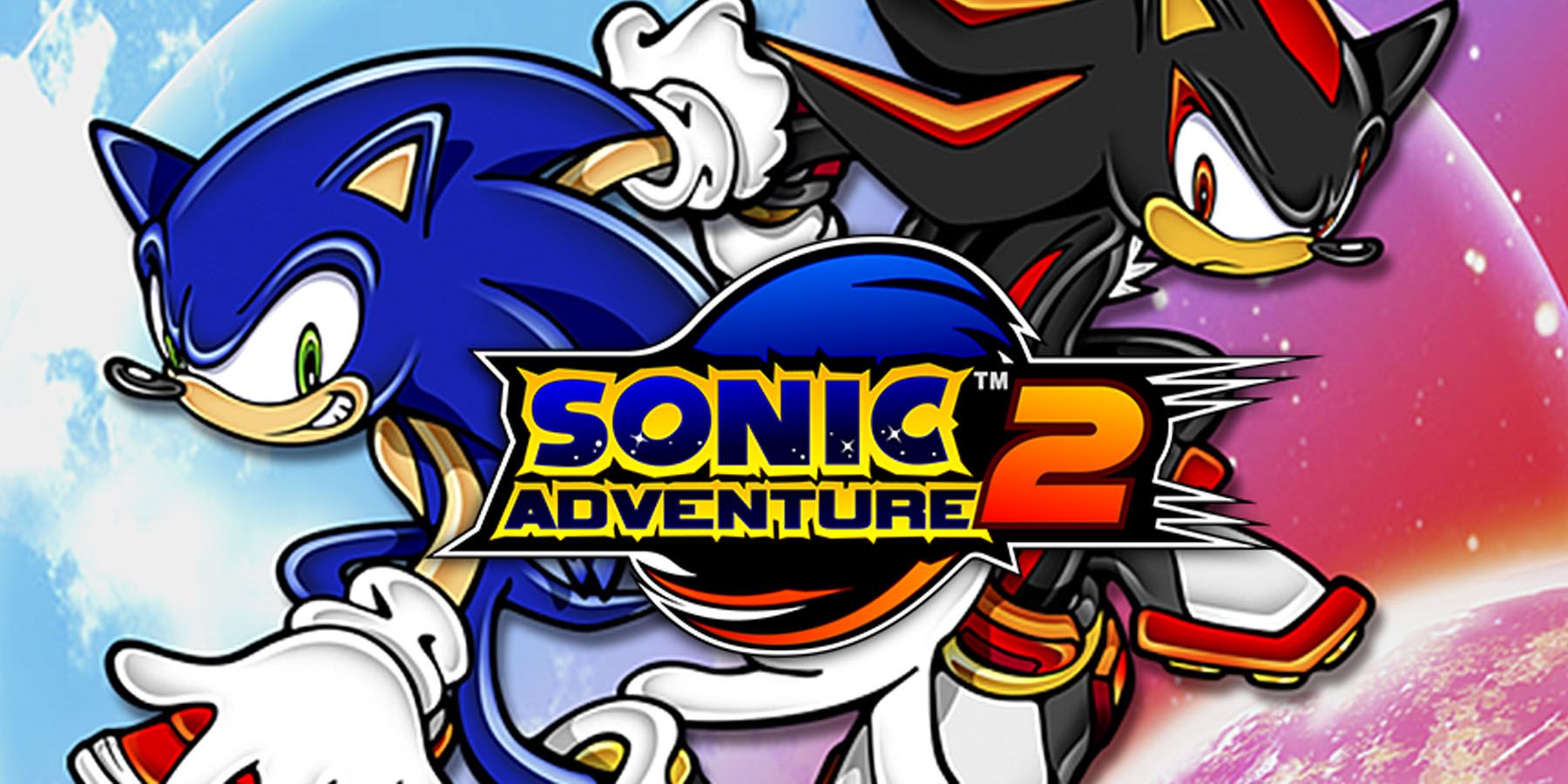Sonic the Hedgehog is one of the most recognizable characters in gaming, and it is not hard to understand why. The hedgehog can be easily identified by his blue quills, red shoes, and ability to move so fast he turns into a blur. His speed is a central aspect of Sonic the Hedgehog games, which let players partake in some high-speed platforming while collecting golden rings. However, while fast-paced gameplay and Sonic's striking appearance may be the elements that stand in the foreground when one thinks of the Sonic the Hedgehog series, it is important not to forget the impact the accompanying soundtracks have had not just on the series, but on gaming as a whole.
Although the quality of Sonic the Hedgehog games has varied over the years, the soundtracks have always remained top-notch, spanning across multiple genres including electro, hip-hop, rock, and swelling orchestral numbers. To make the music of Sonic the Hedgehog, plenty of artists from around the world have had to work together, resulting in the series having a soundtrack that is as eclectic as it is enchanting.
Masato Nakamura's Contribution to Sonic the Hedgehog
Sonic the Hedgehog's origin story has become a well-known tale in gaming. In 1990, Sega wanted a gaming character to compete with Nintendo's Mario, who was enjoying worldwide success. After plenty of brainstorming, developers at Sega decided to settle on a game that focuses on speed as a central mechanic, and the now-legendary video game artist Naoto Ohshima proposed a hedgehog character that would eventually become the Sonic that would dominate gaming for many years to come.
Before the game could be released, it would need a soundtrack. The developers chose to bring on Masato Nakamura for this important job. Nakamura is a successful Japanese musician who is part of the J-pop band Dreams Come True, which has sold over 50 million records worldwide. In an interview with Billboard, Nakamura explained that due to technical limitations at the time, only six notes could be played together when he was composing music. Hence, "the challenge was how good the music could be with just a good melody, a good bass line, and a minimum of drums." Fortunately, his work with the first game was so good that he would be called to compose Sonic the Hedgehog 2's soundtrack, too.
For many gamers who grew up with the first two Sonic the Hedgehog games, the soundtracks are likely the most nostalgic aspect of the titles. From the upbeat, polyphonic pop tune of Green Hill Zone to the twinkling notes of Starlight Zone, each level has a soundtrack that complements the environment perfectly and features hooks too infectious to ever forget.
Sonic the Hedgehog Expands Its Musical Influences
For Sonic the Hedgehog 3, the team of composers grew larger, and it included figures such as Jun Senoue, popular American music producer Bobby Brooks, and Brad Buxer who is known for his collaborative work with Michael Jackson. Speaking with Billboard, Senoue revealed that prior Sonic games inspired Sonic the Hedgehog 3's music. The composers strove to maintain the catchiness of the music of prior games, and they "tried to keep a similar sound to the first two Sonic games since it was so good."
Fans of Sonic the Hedgehog may be aware that the end-credits music for Sonic the Hedgehog 3 sounds suspiciously like Michael Jackson's "Stranger in Moscow." The theory that Michael Jackson worked on the soundtrack for Sonic the Hedgehog 3 has floated around for over a decade, receiving support from Buxer who claims that he and Jackson worked on about forty-one tracks.
Around the same time, Jackson would find himself facing child sexual abuse allegations, which Sega understandably did not want to associate itself with. However, Buxer admits the following: "I've never played the game, so I do not know what tracks on which Michael and I have worked the developers have kept." The matter is further complicated by Doug Grigsby, another composer for the game, who claims: "The stuff we handed in, the stuff we did, made it. To. The game."
Regardless of the theories surrounding Sonic the Hedgehog 3, Jackson's name does not appear in the game's credits. However, several popular artists have made the credits for subsequent Sonic the Hedgehog games. This can be seen, for instance, with Sonic the Hedgehog (2006), which is a star-studded affair. The main theme, titled "His World," is performed by Ali Tabatabaee and Matty Lewis who are members of the American punk rock band Zebrahead. Additionally, "Sweet, Sweet, Sweet," which is a song by Dreams Come True that pops up in Sonic the Hedgehog 2, is remixed by R&B artist Akon for 2006's Sonic the Hedgehog.
Sonic the Hedgehog Would be Incomplete Without Crush 40
Senoue's contribution to the music of Sonic the Hedgehog is perhaps rivaled only by Nakamura. In addition to serving as a composer, Senoue has also made music for the franchise as part of the band Crush 40, which also consists of Johnny Gioeli who met Senoue during the development of Sonic Adventure in 1998. They worked together again on Sonic Adventure 2, where the band's rock sound shines through. "Live and Learn," a song that can be heard in the game, features heavy guitars and an energetic tempo, which complements Sonic Adventure 2's zippy gameplay. In 2021, during a musical livestream celebrating Sonic's 30th anniversary, Crush 40 was around to perform the most iconic scores from the 3D era of Sonic the Hedgehog.
Sonic the Hedgehog games may not be rhythm-based, but music is an integral part of the gameplay experience. Over the years, the music of the franchise has breathed life into every level, and colored Sonic's adventures. However, the amazing music of Sonic the Hedgehog would have never been possible without artists from around the world bringing unique influences together. Whether it is Nakamura and his catchy pop tunes, or Senoue with his rebellious rock, each artist's contribution has been vital to the musical magic of the series.
Though Sonic the Hedgehog may be over 30 years old, the ability for the series to always incorporate new musical influences while remaining an influencer itself is perhaps one of the biggest reasons why it may still have 30 more years with gamers ahead of it.




